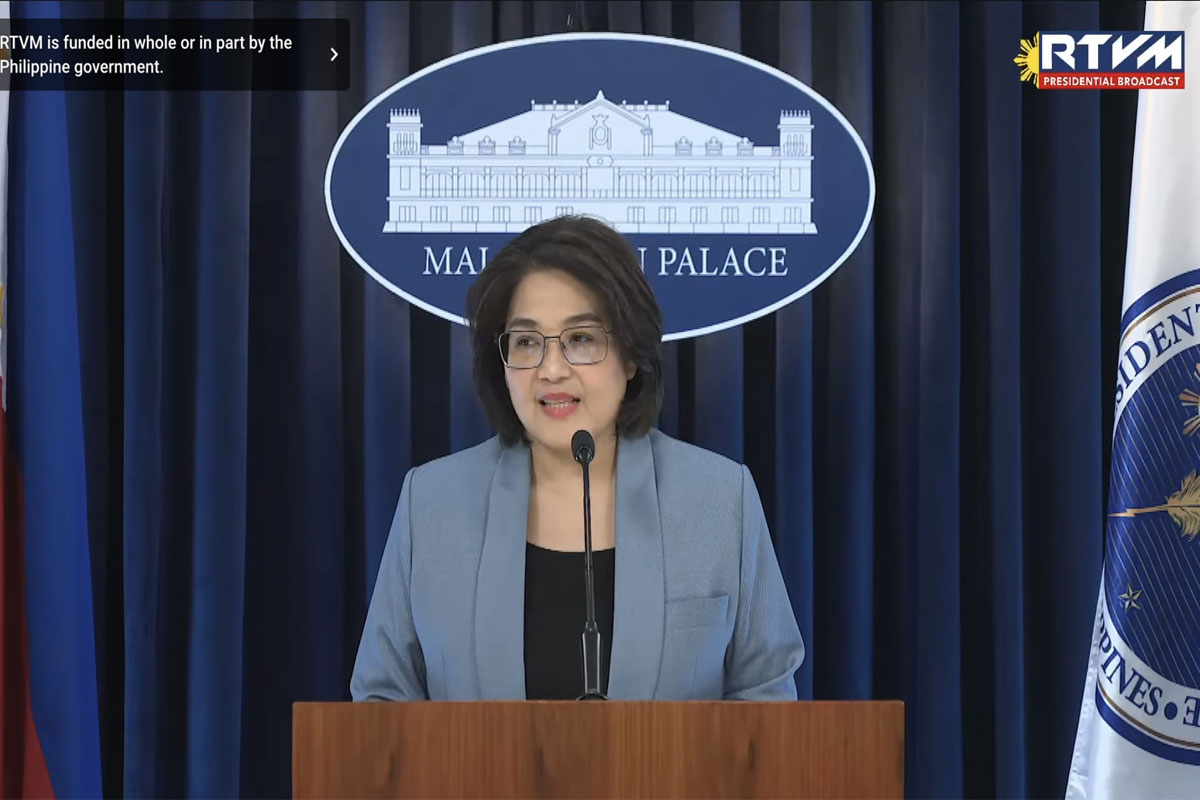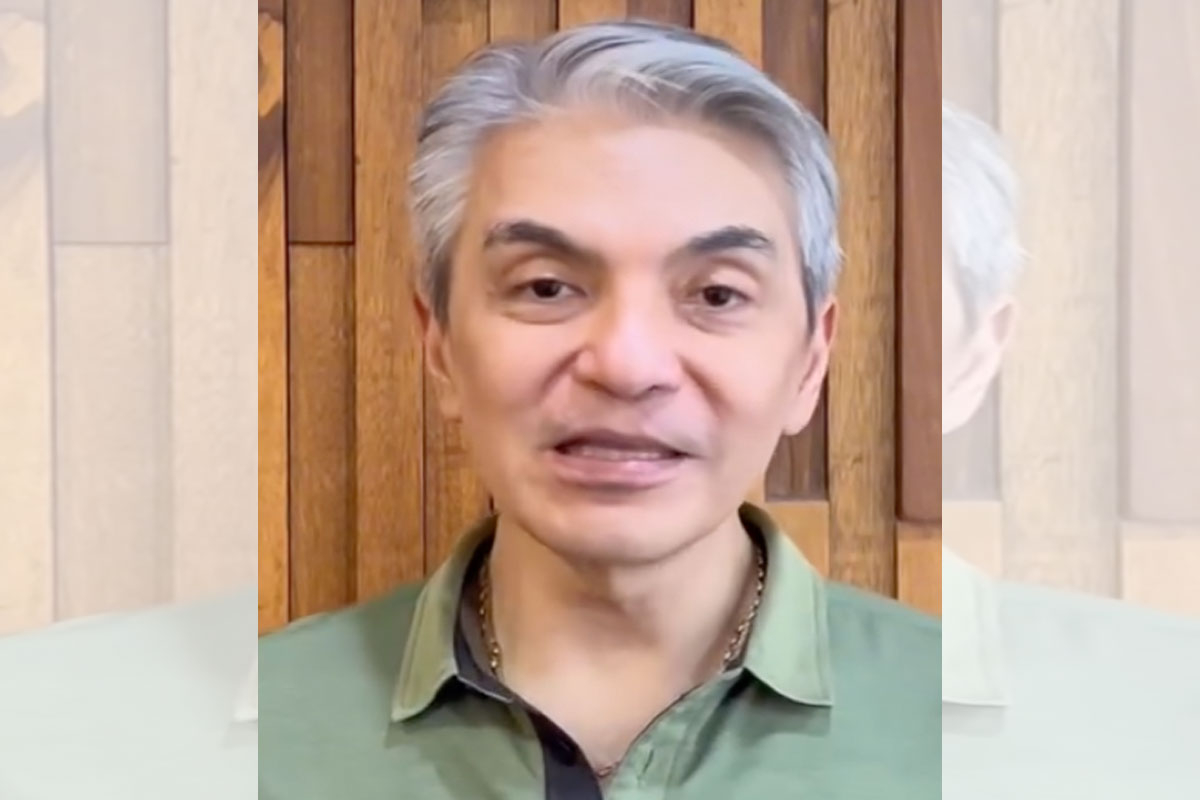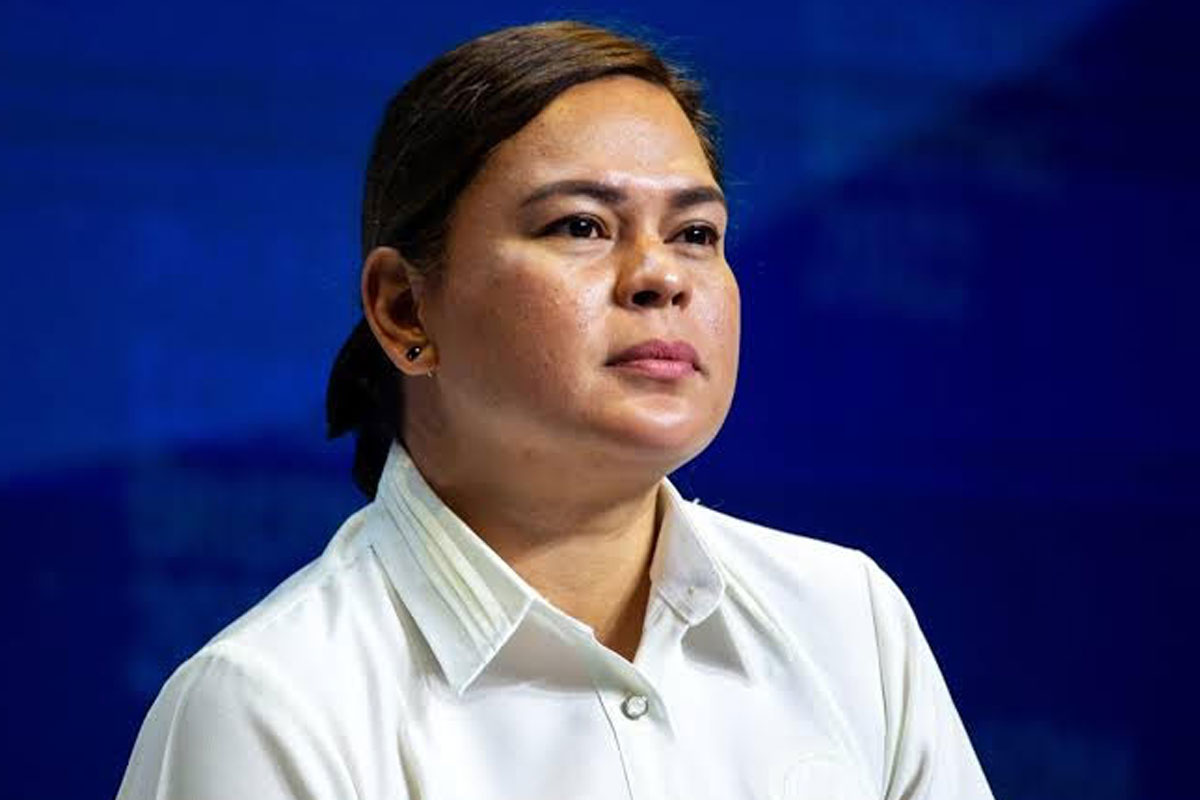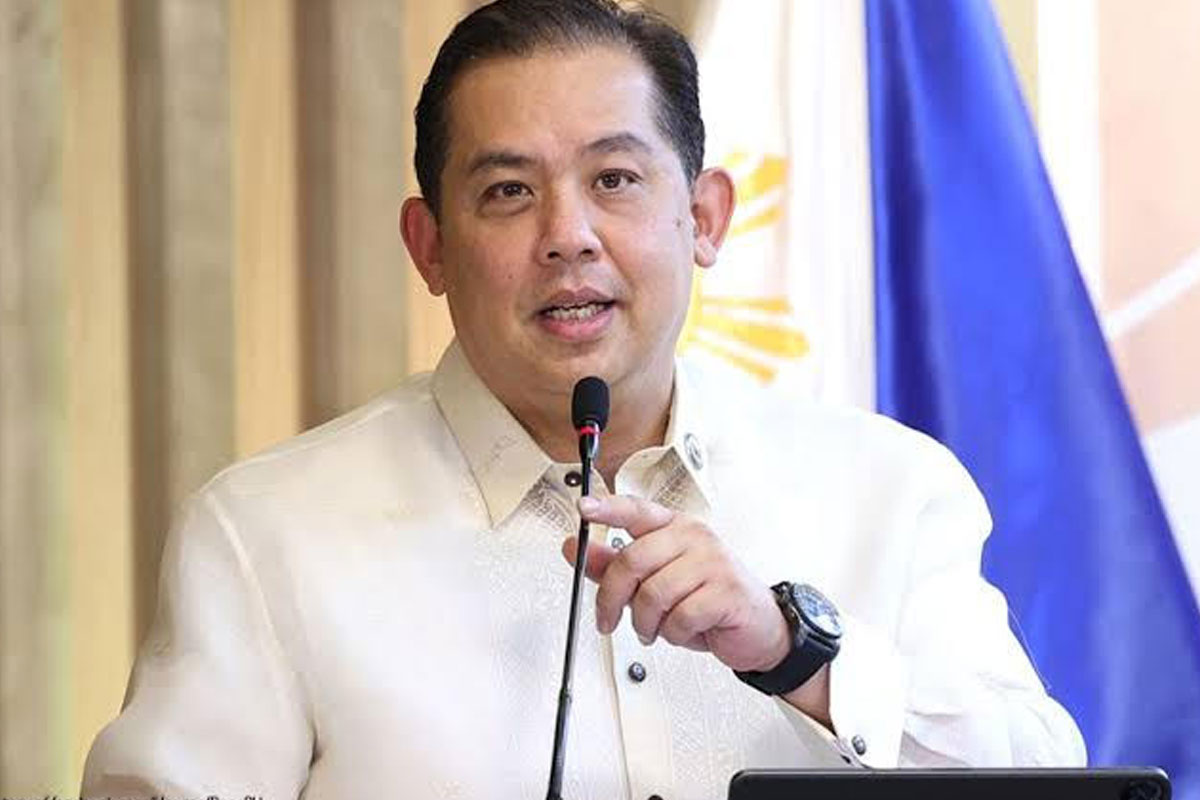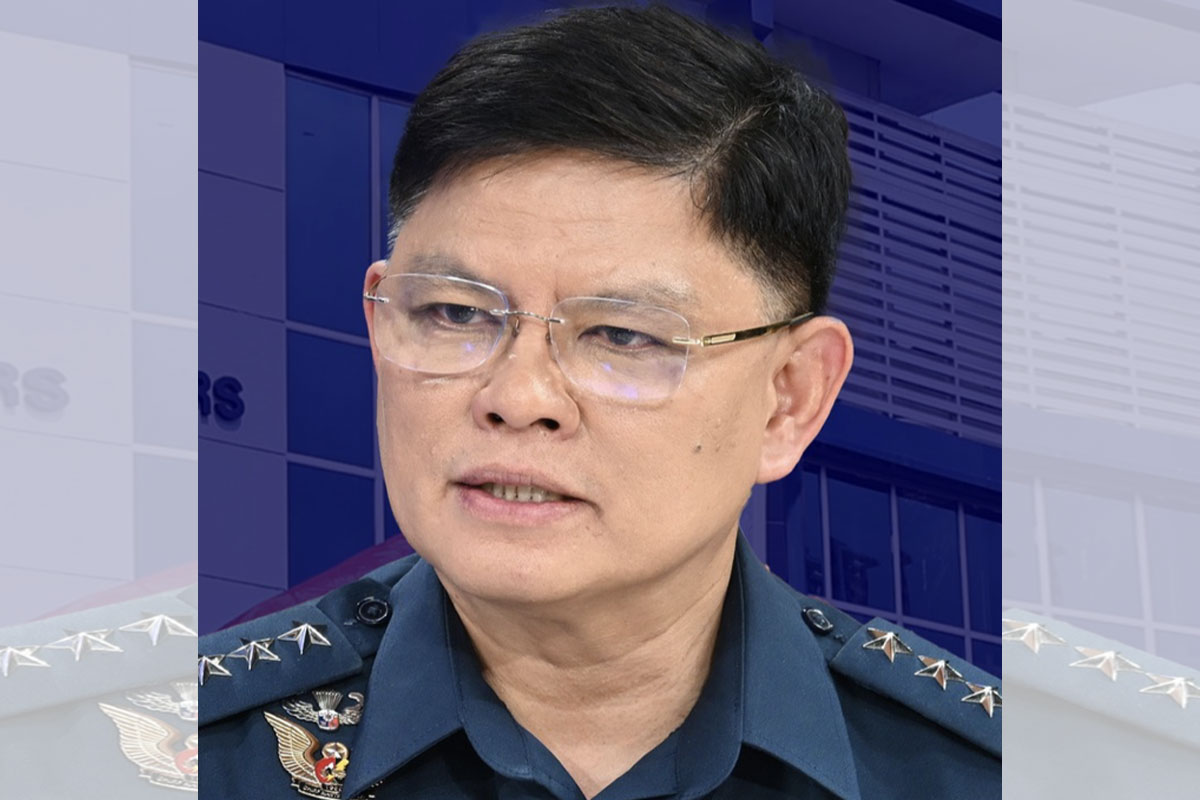
SNUBBED
THE House Tri-Committee, which investigates fake news and disinformation in the country has issued show cause orders against social media personalities who skipped the first hearing for various reasons.
Out of 41 social media influencers invited, only three showed up in the joint hearing of the House Committees on Public Order and Safety, on Public Information, and on Information and Communications Technology.
Majority of them sent excuse letters telling the committee their reasons for not attending and that they were advised by their lawyers not to join.
This prompted the lawmakers to compel the absent resource persons to show up in the joint panel’s next hearing.
Among those who were subject of show cause orders were former Press Secretary Trixie Cruz-Angeles, Mark Lopez, and Krizette Chu.
Some lawmakers aired their personal grievances against the social media personalities and the “fake news” published against them.
The TriCom was formed to conduct an inquiry into the spread of disinformation on social media.
Lawmaker want to address the rampant spread of disinformation and fake news on social media, expressing grave and serious concern over the weaponization of digital platforms, the rise of organized troll networks and the need for government intervention to regulate misinformation.
Surigao del Norte Rep. Robert Ace Barbers, who authored the resolution calling for an inquiry on the proliferation of fake news, emphasized that their purpose was not to curtail free speech but to establish accountability in the digital space.
“We are gathered here today not to silence voices, suppress free speech or curtail the constitutional right to freedom of expression. Instead, we are here to draw the line between responsible discourse and the deliberate, systematic abuse of digital platforms to spread lies, destroy reputations, and manipulate public perception,” he stated.
Barbers called for a regulatory framework for social media, similar to the ethical standards upheld by the Kapisanan ng mga Brodkaster ng Pilipinas (KBP) for broadcast media.
“Our goal is to develop a code of conduct for content creators, ensuring accountability and ethical responsibility in this rapidly evolving digital space,” he explained.
Barbers further highlighted the rising influence of trolls, vloggers and malicious actors who have weaponized social media to spread disinformation and attack public figures.
“In recent years, we have witnessed the alarming rise of trolls, vloggers and malicious online actors who, under the guise of exercising free speech, systematically spread fake news and engage in character assassination,” he said.
He warned that many of these activities are linked to illicit financial sources, saying: “The sources of funding for these operations remain in the shadows – possibly linked to illicit activities such as POGO operations or criminal syndicates.”
Meanwhile, Laguna Rep. Dan Fernandez raised concerns over how misinformation has affected public health and personal security, citing the COVID-19 pandemic as a prime example of how fake news can endanger lives.
Another growing concern, according to Fernandez, is the normalization of toxic behavior and cyberbullying, particularly among minors.
He also strongly condemned trolls who actively spread misinformation about the West Philippine Sea, questioning their loyalty to the nation.
Senior Deputy Speaker Aurelio “Dong” Gonzales Jr., sponsor of House Resolution (HR) No. 286, emphasized both the power and danger of social media, noting its ability to connect communities while also spreading harmful content.
Citing recent studies, Gonzales highlighted the sheer volume of Filipinos exposed to social media content daily.
“According to an online article by DataReportal, the Philippines was home to 86.75 million social media users in January 2024, equating to 73.4 percent of the total population,” he stated.


